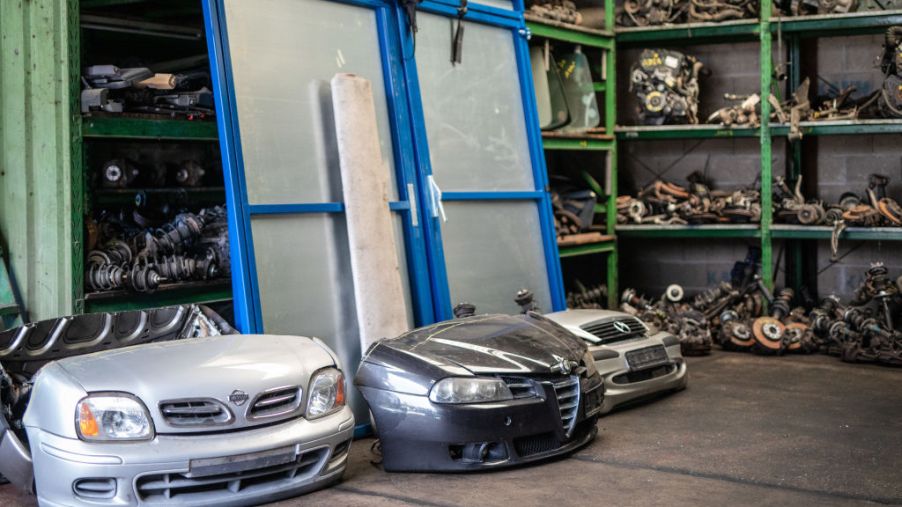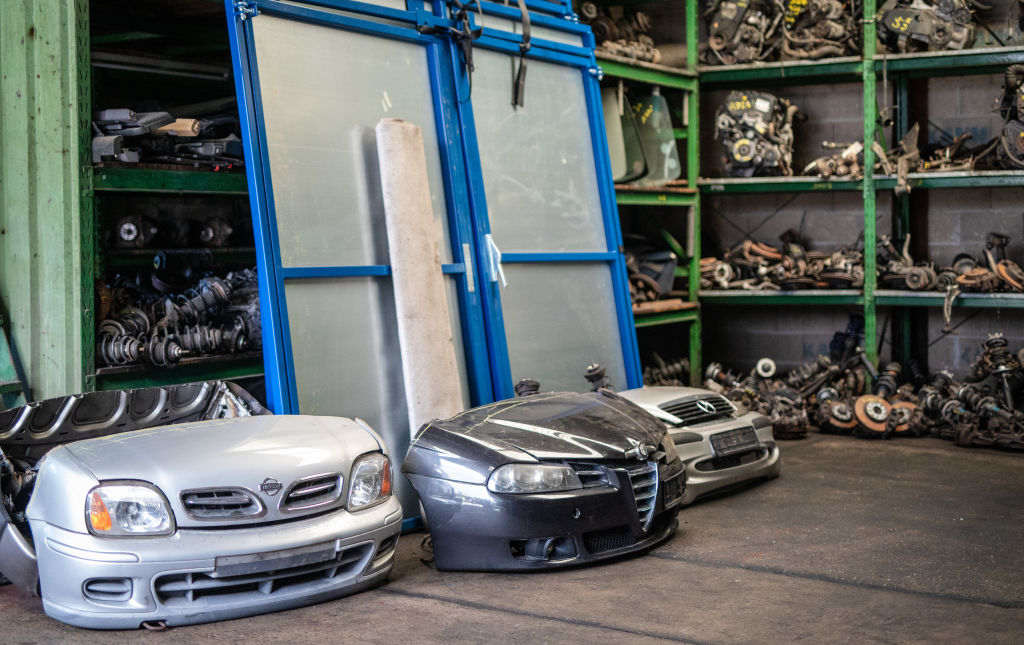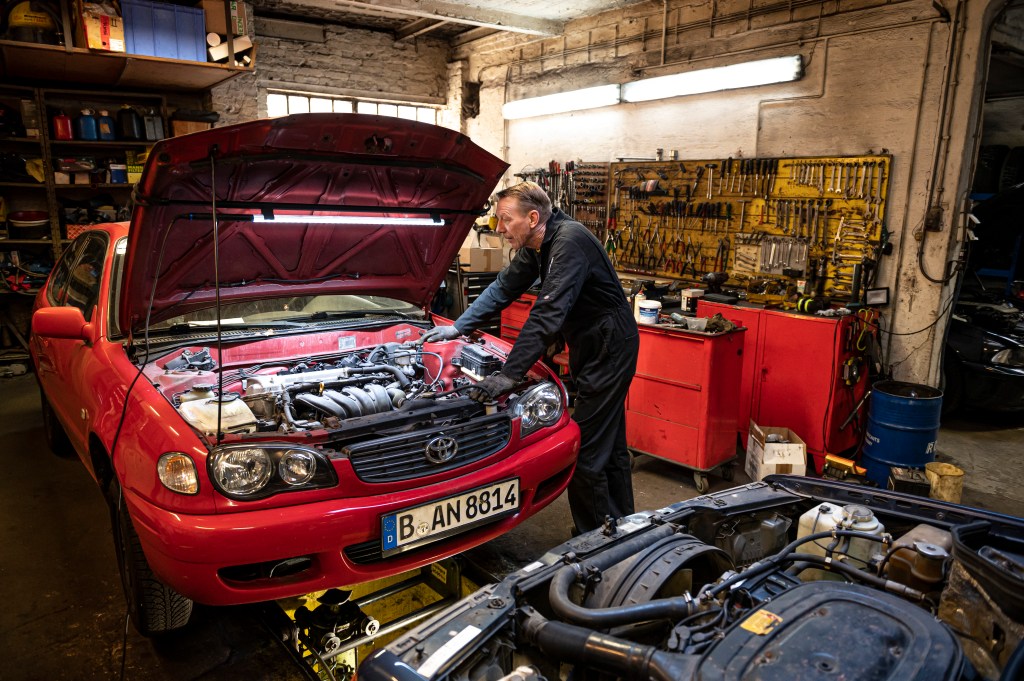
Is Using OEM Parts on Your Car Worth the Extra Cost?
Proper maintenance is important when it comes to keeping your car running well for as long as possible. And while routine oil changes, tire rotations, and coolant flushes throughout your car’s life are imperative, it’s the little details, like using OEM parts, that can make a big difference in the long run. But is using OEM parts really worth the extra money?
What are OEM parts?
The term OEM stands for “original equipment manufacturer,” so “OEM parts” refers to the official and genuine parts that produced directly by the vehicle’s automaker. However, some OEM parts are actually sourced from a third-party company that specifically makes parts for the automaker, but they’re still the best parts to use on your car when it comes to the correct fitment and operation.

What are aftermarket parts?
Aftermarket parts are parts for your car that you can typically buy at any auto parts store. They are made by other third-party and can be universal when it comes to fitment, meaning that they are designed to fit more than one vehicle.
However, some aftermarket parts are designed to work just like OEM parts and can even work better. If you work on your own car, then it’s a good idea to shop around for your aftermarket parts to ensure that you’re getting the highest-quality part possible if you’re not planning to go with an OEM part.
Benefits of using OEM parts
Since OEM parts are the parts that originally came on your vehicle right off the assembly line, they are the best to use. But here are some other benefits:
- Unlike having to choose between a few different part brands at your local auto parts store, the dealership parts department will get you the exact part that you need.
- The quality of the part will be better than most aftermarket parts.
- Automakers will typically warranty the parts that you buy for up to a year. Also, if you get your car repaired by a dealership, then the labor and parts will have a warranty as well.

Disadvantages of using OEM parts
There are a few disadvantages when it comes to using OEM parts:
- They are more expensive: OEM parts usually carry a higher price tag than aftermarket parts. Typically about 60 percent more, according to Edmunds.
- You’ll usually have to go to the dealership to get the OEM parts that you need. However, you can find a lot of OEM parts from the dealership’s online stores, which usually carry a discount over showing up in person.
- On rare occasions, the OEM part might actually be of worse quality than the cheaper aftermarket part that you can get from the auto parts store.
Is using OEM parts worth the extra cost?
Although OEM parts can cost considerably more than using aftermarket parts, we would advise to use them whenever possible, especially when it comes to auto bodywork and engine repairs. Proper fitment and operation are the most important aspects when it comes to repairing your car and OEM parts can provide that.
While there are plenty of aftermarket parts out there that can most likely get the job done, and at a much cheaper price at that, it’s typically better to do the job right the first time and use OEM parts to ensure that your car runs properly for many years to come.



